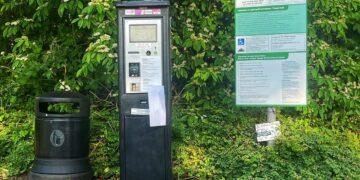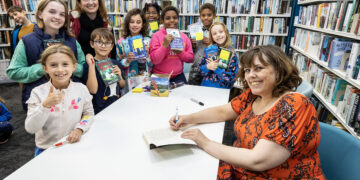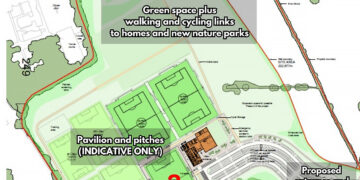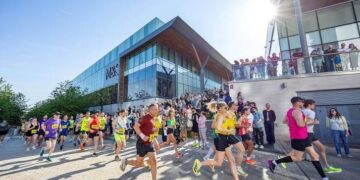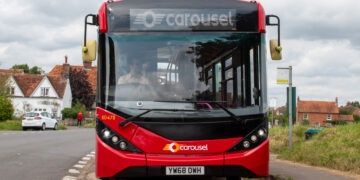NEW evidence reveals that keeping active is likely to reduce the risk of breast cancer.
The study, published in the British Journal of Sports Medicine found “strong evidence that greater levels of physical activity and sitting down less are likely to reduce breast cancer risk”.
It found that activity lowered the risk of breast cancer by 40% with vigorous activity offering similar risk benefits.
Being sedentary, on the other hand, was associated with a higher likelihood of some types of breast cancer.
Nina Barough CBE is excited by the study, and passionate about walking.
Her mantra is Love Walking, Love Life.
The Wokingham resident is the founder and chief executive of Walk The Walk, a charity she set up almost 25 years ago.
“This study confirms what we’ve always believed,” she says.
“It’s significant because scientists can now measure the impact physical activity has on the body.
“You know yourself that you feel better when you’ve been out walking, without anyone telling you that it’s good for you, but having that scientific proof is a great motivator.”
Does improving people’s health require a big shift in lifestyle?
“Not at all,” says Nina, “it’s not difficult to make small changes to what most of us are doing all the time anyway.
“Walking is an easy thing to do, and something that has often been underestimated.
“But it has also been described as the perfect exercise, and I think it really is.
“It only takes a little bit of focus to turn an ambling stroll into something powerful that can actually be quite life changing.”
Nina’s passion for walking began in 1996, when she dreamt that she was power walking in aid of breast cancer.
Despite having no previous fundraising experience, nor any link with breast cancer, Nina was inspired to take part in the New York Marathon.
She and her friends entered the event wearing their bras, and raised £25,000 for Breakthrough Breast Cancer.
Weeks later, Nina discovered that she herself had the disease, but undefeated, she entered fundraising groups for the London Marathon over the next two years.
And in 1998 she organised a night-time power walk, now known as The Moonwalk London.
Nina’s successful charity, Walk The Walk, has raised over £133 million and is the largest grant-making breast cancer charity in the UK.
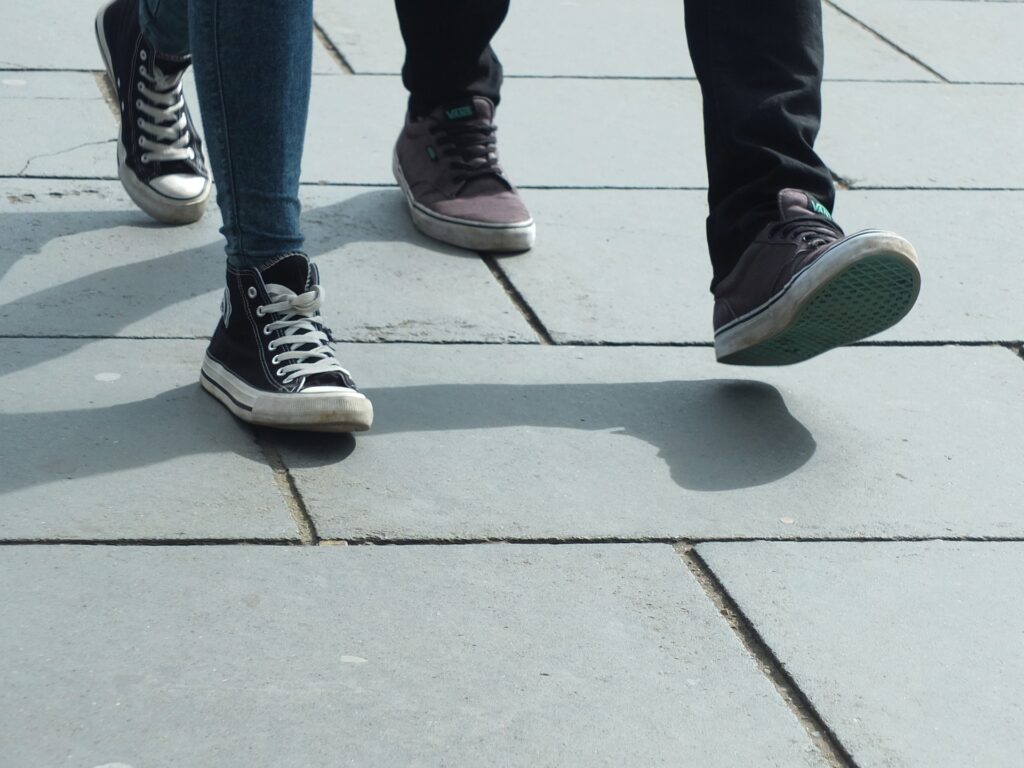
“When we started out, nobody really walked, it was something that grandparents did on a Sunday,” Nina remembers.
“People either went hiking or they ran marathons, but it was very much about competition, and achieving.”
Nina believes that everyday walking is an achievable and powerful way to improve people’s overall health.
“And simply increasing the speed of your walking can make a big difference to your health,” she says.
“When you are walking while shopping, or taking the kids to school, just try to increase the pace a little.
“If you normally arrive in 10 minutes, try getting there in nine.
“Walking a little faster should increase the heart rate, but the walker should always still be able to talk,” she explains.
“You need to be able to hold a conversation.”
To help people to move towards better health, Walk The Walk has created a motivation tool on their website called MAD2.
“People just need a device to measure their steps,”Nina explains,” such as a phone or fitness watch to measure their walking,”
The MAD2 training plan encourages people to walk two miles, or 5,000 steps as part of their normal routine.
“From the minute you wake up, to the moment you go to bed, the minimum you should walk for your health, is two miles,” she adds.
Some people may find that they reach that target in surprising ways.
“If you work in London, and you are walking quite a lot in the underground, you may already be clocking up your two miles,” she adds.
“But for others, whose jobs are very sedentary, they may be shocked to find that they actually walk less than half that in their normal day without realising it.”
It can be difficult to persevere with an exercise regime, but Nina says that MAD2 walking is easier to maintain.
“There’s a lot of talk about 10,000 steps in the media.
“If you’re used to walking, that’s fine, but I’ve known people who’ve tried, and then given up because it was too difficult.”
The MAD2 plan suggests easy tips to help people add steps naturally to their day.
Even something as simple as walking up and down a set of stairs every hour can add 300 steps.
“It can be very satisfying to reach a goal, and these goals are both realistic and achievable.”
But Nina says that people shouldn’t see the plan as something to achieve or fail at.
“Walking is something that you can do at your own pace, and you are in control.
“Every day is a new day, and a new opportunity to slot in two miles of walking.
“It isn’t a fad, like giving up alcohol for a month, it’s about everyday lifestyle, building activity into your life, finding ways to get the necessary walking in.
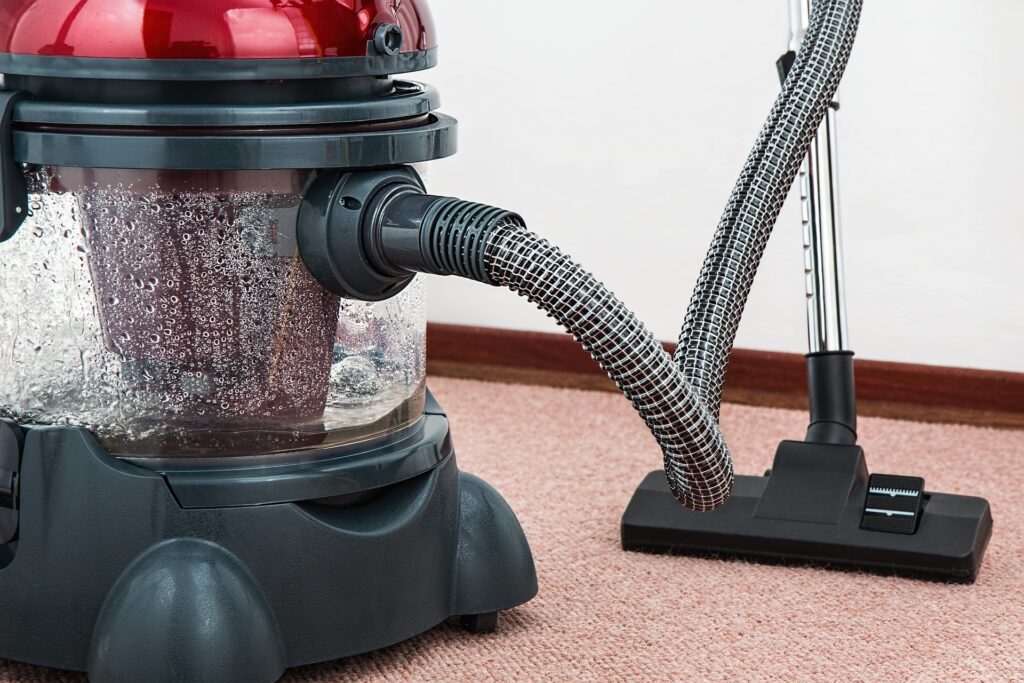
“Even hoovering the house can be quite vigorous, there are so many very basic ways to add the steps to your day.”
Walk the Walk held a walking challenge in the summer where people were invited to put in two miles every day for two months.
“I defy anyone not to feel better at the end of it, especially if you are someone who doesn’t have much activity in your life,” Nina says.
“And if you want to see a more radical difference, if you walk three to four times a week for around 45 minutes, around a 15 minute mile, your heart rate will be up, you’ll be toning your muscles, you’ll keep in shape, and you will really notice a difference in your health.”
Nina had covid, which affected her breathing, and she found that walking improved her symptoms.
“At first I found that I couldn’t walk very fast, but slowly over the weeks my breathing really improved,” she says.
Nina says that one of the good things to come out of covid was walking.
“It was one of the few things that people were able to do, and a lot of people suddenly realised that they enjoyed it!”
So, we should all start walking more if we want to improve and preserve our health?
“Yes, absolutely, both for our current health and for prevention,” she says.
“There are various different types of cancer, but it turns out that route to prevention for all of them is the same, and it’s all about lifestyle and being active.
“I cannot overestimate the mental, physical and lifestyle benefits of going out for a walk every day.”
For information about Walk the Walk and to access the MAD2 motivational plan, visit: walkthewalk.org


